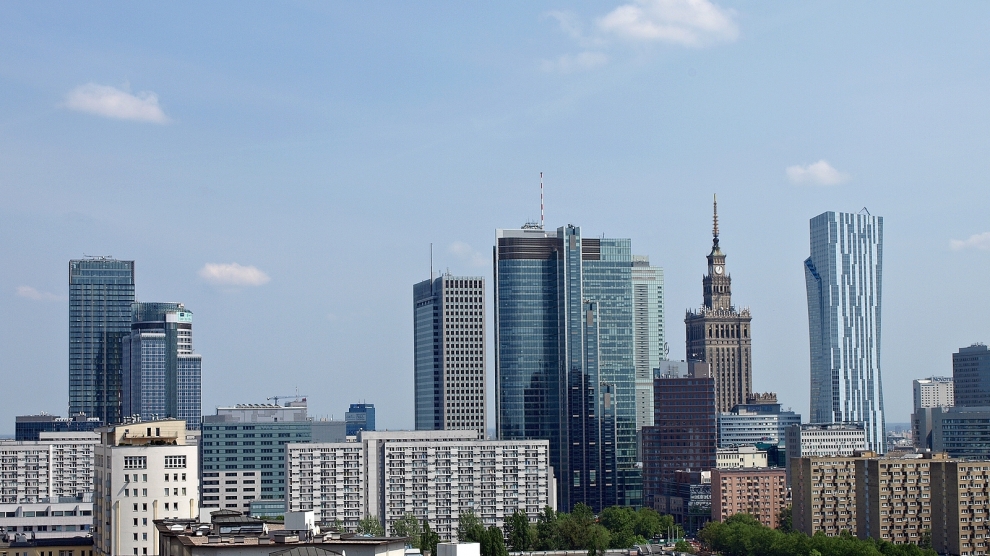Three-quarters of Polish firms with British capital plan to increase employment and investment expenditure in Poland, claims a new report by Deloitte, launched at the Krynica Economic Forum on September 4.
The report, Polish-British Economic Relations: An Exceptional, Enduring Relationship, also reveals that 15 billion zloty ( 3.45 billion euros) were added to Poland’s GDP in 2017 thanks to foreign direct investment from the UK, and that non-financial British companies operating in Poland employ 110,000 people – mainly in manufacturing and retail. In addition, UK-based financial services companies present in Poland employ over 4,000 people, bringing the total to approximately 115,000.
“British entrepreneurs constitute a significant percentage of those investing in Poland,” said Irena Pichola, leader of the team for sustainable development in Poland and Central Europe at Deloitte. “This means that UK companies that helped create the private sector in Poland back in the 1990s support its growth today, thus also the innovativeness of our economy.”
In the first quarter of 2019, the UK’s share in Poland’s exports stood at 6.6 per cent – second only to Germany (27 per cent).
Even though Poland and the UK are separated by a significant geographical distance, matters relating to imports and exports have brought both countries closer together regularly for 30 years,” said Rafał Rudzki, director and adviser for sustainable development at Deloitte.
“Despite the changing international environment, relations between Poland and Great Britain can be described as an exceptional and enduring partnership,” said the British Ambassador to Poland Jonathan Knott. “The last century, particularly the period after the fall of communism, saw the flourish of our trade relations the fast development of which benefits both countries. The best proof of expanding bilateral economic cooperation is the fast-growing trade exchange that increased more than fivefold in the years 1995-2018.”
Antoni Reczek, the chairman of the British Polish Chamber of Commerce, added: “Poland is perceived positively considering the size of its economy and its strengthening integration with the global economy and the EU’s market, and also in view of the availability of domestic providers of goods and services. I’m very glad that companies with British capital plan further expansion in the Polish market: statistically, three in four companies want to increase employment and investment expenditure. I’m optimistic about the future of British companies in Poland.”






Add Comment